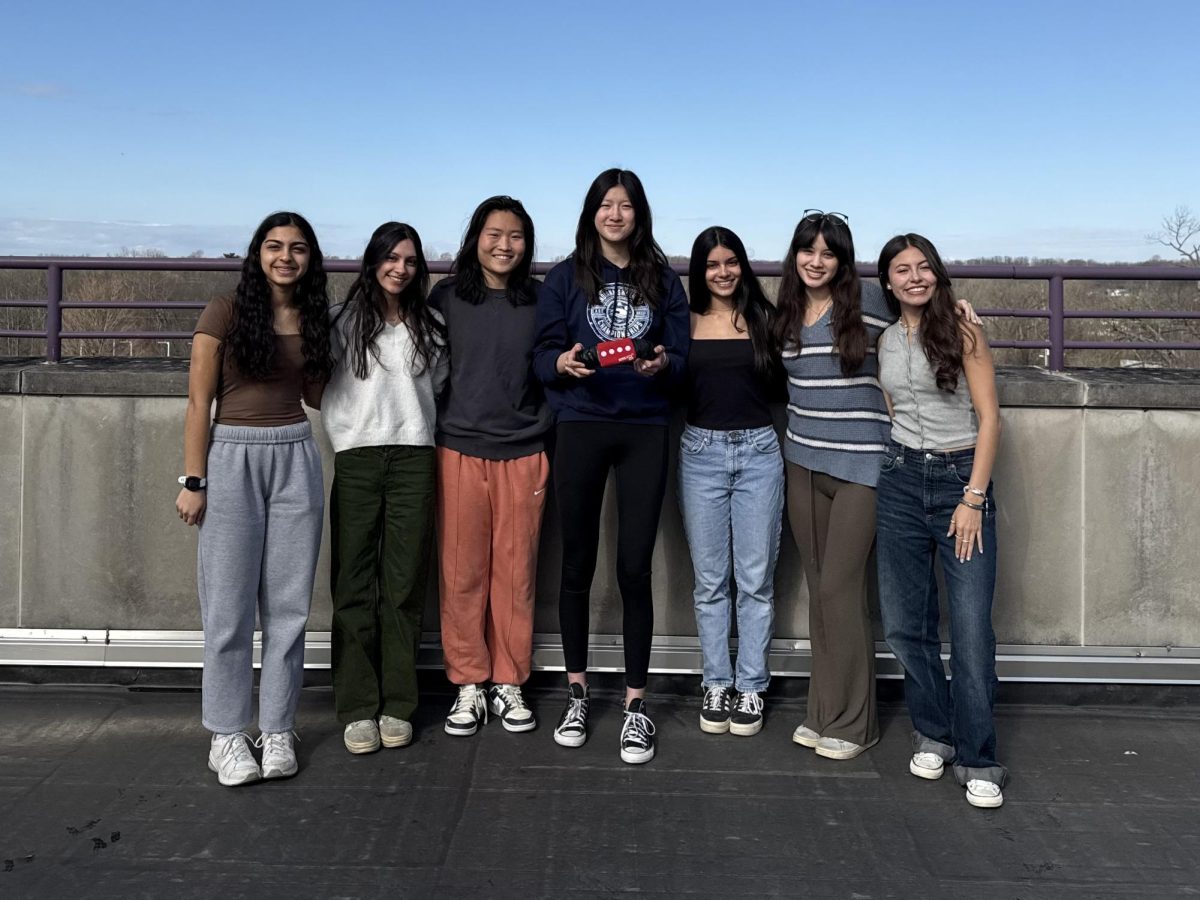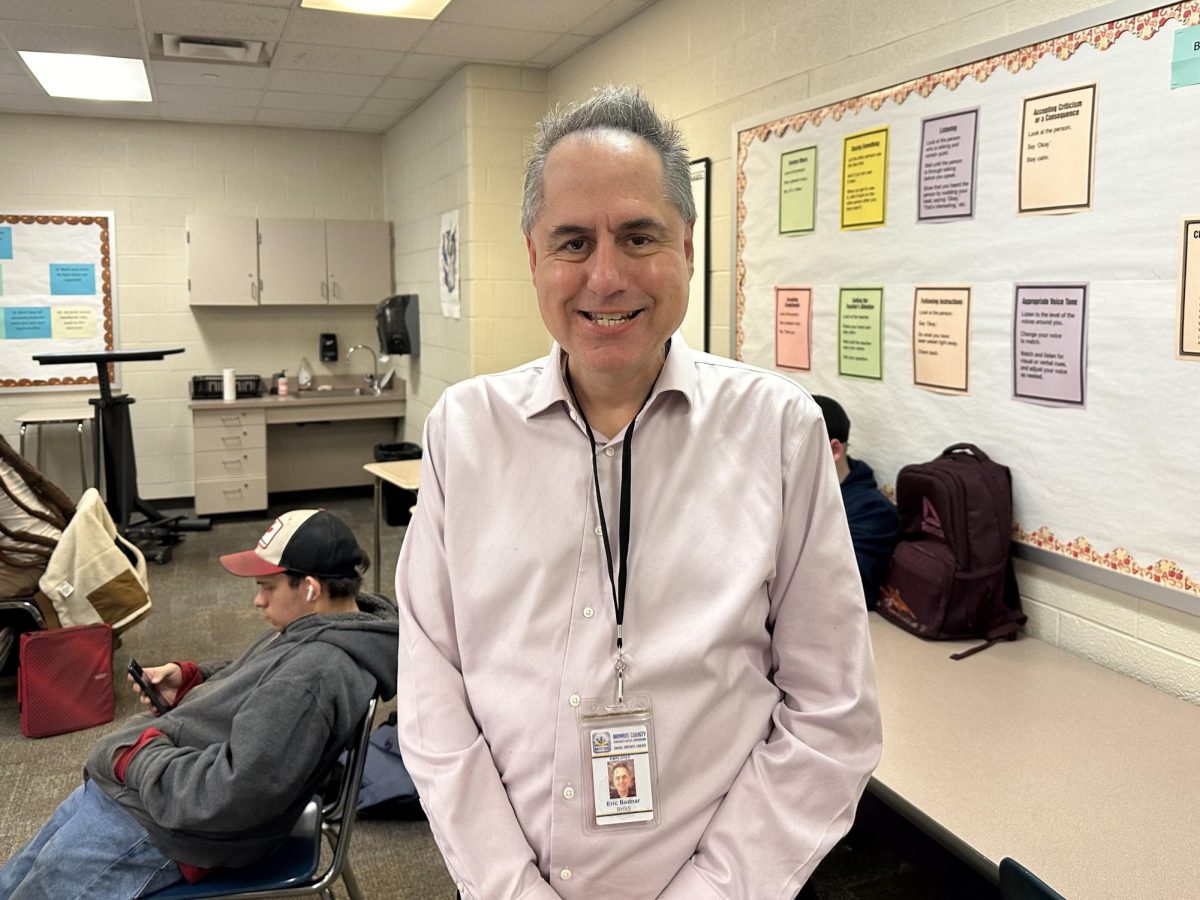The world is aflame and children have taken to protesting in the streets– quite literally.
According to climate scientists at NASA, five out of California’s 10 largest wildfires on record happened in 2020. The US is growing warmer, which increases dry seasons and heat waves, creating the ideal conditions for wildfires. In response to increasing global temperatures, citizens have taken to the streets in protest of oil companies and coal burning factories, two of the major contributors to global warming.
Our current trajectory regarding climate change policy is on a downward trend. In the midst of this turmoil, IU professor Jessica O’Reilly and her student Nina Castro-Sauer (Bloomington North alumnus, and current IU undergraduate) strive to advocate for better policies and transparency regarding climate change around the world.
From October 31 to November 12, the Conference of the Parties 26, shortened to “COP26,” was held in Glasgow, Scotland. Dr. O’Reilly has been attending the conference since COP21, which was held in Paris the year the Paris Agreement was created. O’Reilly attends these conferences as both a professor and a researcher. In other words, she is gaining new information that will inform her teaching while also gathering data for research she conducts on Antarctica. Castro-Sauer also conducts research regarding “what role social networks play in indigenous climate resilience throughout the Amazon region in Brazil.”
From their research, both of these women understand the urgency of climate change. Castro-Sauer stressed the gravity of our climate situation: “There are a lot of crucial steps that need to be taken on a variety of levels to mitigate climate change. On a national level cutting fossil fuels entirely and removing big oil’s social license to operate with. Individually…I believe one of the biggest things we can do is keep our leaders accountable.”
O’Reilly further emphasized the importance of accountability and resilience on an individual level. “Use the power of the community to understand how much carbon emissions are coming from the building [Bloomington High School South],” she says, “and research solutions to lower those emissions.”
Getting your community involved may be the best thing to battle global warming. Greta Thunberg, a climate change activist who protested at the COP26, claimed the conference was solely a PR event. “I think any large-scale, international conference is going to be turned into something for PR…whatever needs to be said to please the audience will be said…” Castro-Sauer agreed with Thunberg’s statement but then explains that this is why “it’s crucial that we continue supporting lower-level action.”
South students Kyle Davis and Tilly Robinson both agreed that more student involvement and lower-level action would be beneficial to help combat climate change. Davis, a sophomore, believes that the “teachers here are doing an excellent job with creating paperless classrooms. Maybe we could put more of an emphasis on recycling. I’ve seen a lot of recyclable things end up in the trash here at South.”
Tilly Robinson, a senior, advocates for having a “sustained structure of student climate advocacy.” The youth of today will be the leaders of tomorrow, and we have a momentous task ahead of us. Castro-Sauer has hope for the future because “it’s silly not to. [Her] hope in the future lies in the young people who are bringing attention to the issues and dedicating themselves to holding leaders accountable.” O’Reilly also has hope in the youth and has seen the power of the people in action: “It’s the younger generation and the really committed non-politician type people doing that type of work, who’s really pushing the whole process along.”


